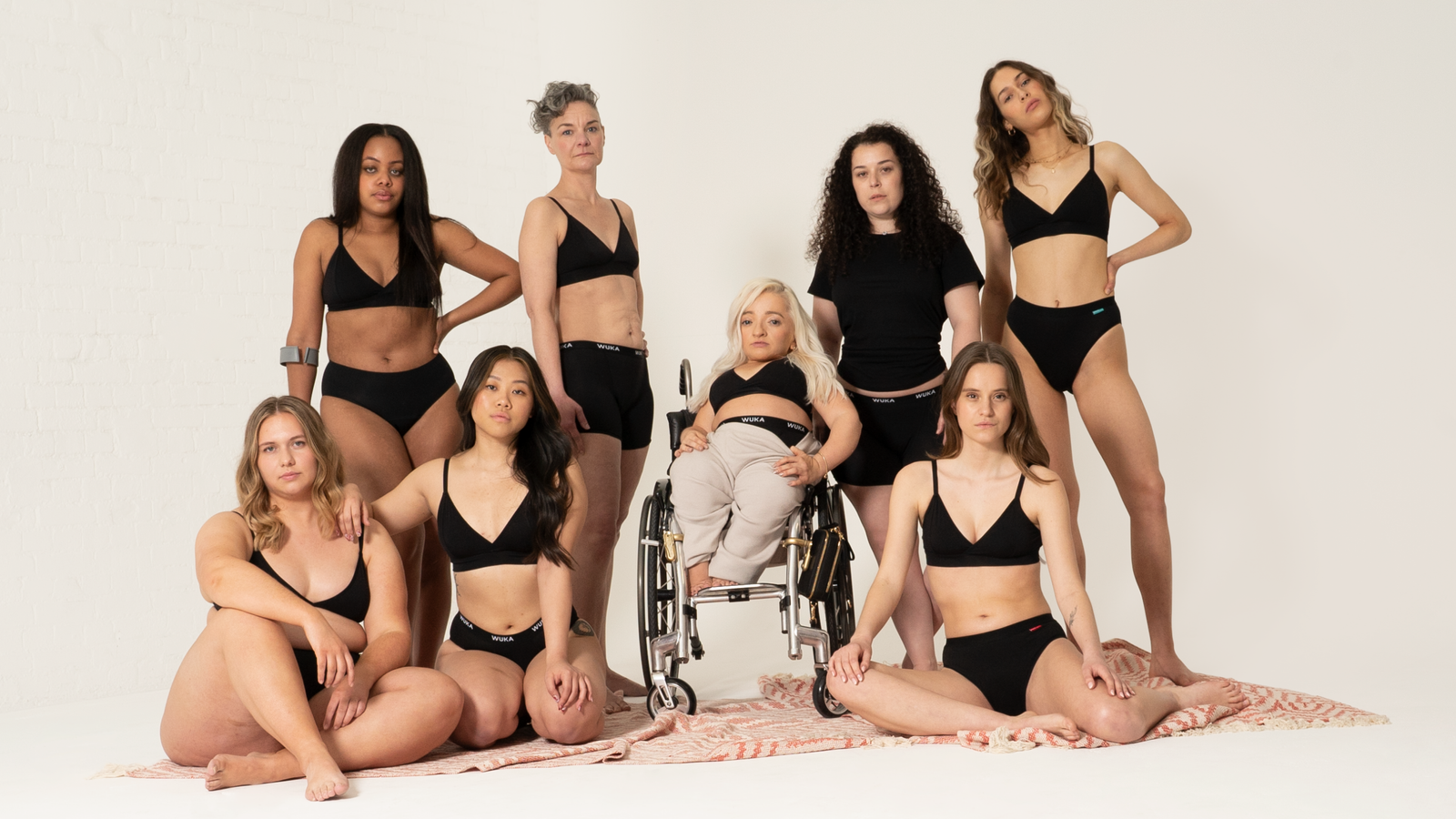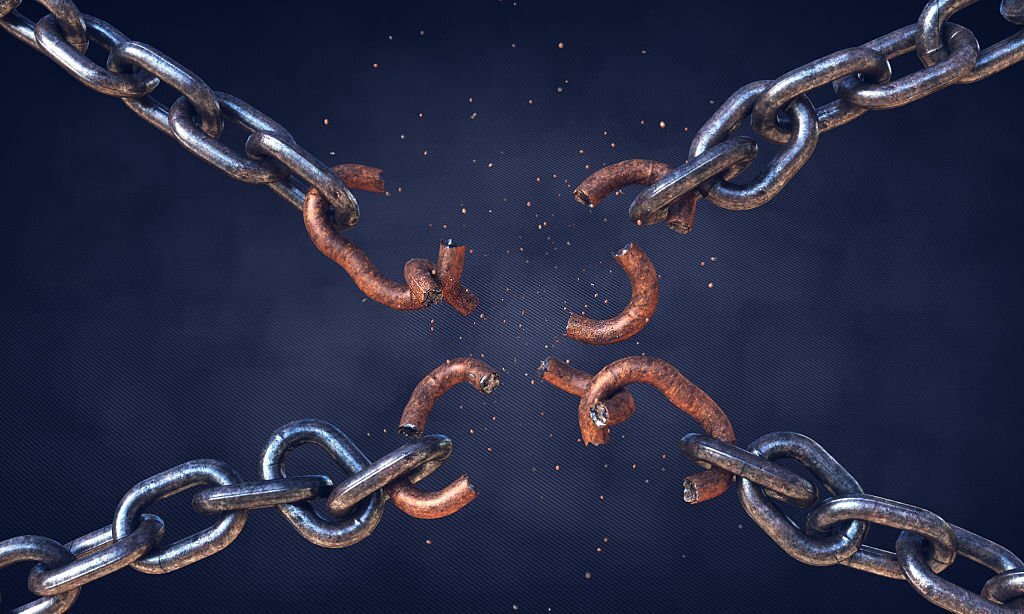The government is being urged to reclassify period pants, and remove the 20% VAT – but are they a cheaper alternative to their disposable counterparts?
Other period products, including pads, tampons and menstrual cups, are exempt from VAT but consumers still pay a 20% tax on period pants as they are classified as garments.
Period pants are often touted as a cheaper alternative to their disposable counterparts in the long run, but it is difficult to do a direct price comparison because it depends on how long your period lasts, how frequently you have one and which period products you use.
A survey of 268 women aged 18 to 54, conducted last month, found that 23% of respondents cited cost as a reason for not using period pants, with 83% in favour of dropping VAT from the products.
Cost of living – latest: Wilko enters administration
When it comes to period pants, buying in bulk is often the cheapest way to do it. M&S, who are part of a campaign to remove the VAT from the pants, currently sell a five-pack for £35, which means a single pair of pants sets you back £7.
It is also worth noting that the bundle would be £28 without VAT, while a pack of three – currently £20 – would drop to £16.
These pants from Wuka are at the lower end of the scale too – a five-pack from ModiBodi, who were one of the first companies to sell period pants, will cost you upwards of £56.
For an average period, you would probably expect to use two to three pairs in a 24-hour period (depending on the absorbency – Wuka’s medium absorbency pants are said to hold up to three tampons worth).
For those dipping their toes into this new form of period care, you would probably want to only buy a couple of pairs at first to make sure it is right for you, and your flow.
Read more:
New workplace standards for menopause
The country offering women menstrual leave
More than a third of female athletes are ignoring this illness
But to get through an average seven-day period (and worth noting that no woman experiences an “average period”) and without wanting to be tied to your washing machine, you would probably want two multipacks (so ten pairs of pants) which would be an initial outlay of £70.
A survey done before the pandemic – and crucially before inflation hit record highs – found women spend at least £10 a month on disposable products. That figure is likely to be significantly higher now and means women are spending more than £120 a year on period products.
And yes, some people on Twitter may point out you can get a box of basic tampons or pads for a pound from a lot of discount retailers. But anyone who has used the cheaper products knows that you get what you pay for, and there is a level of discomfort (and leaking) that comes with the basics range.
So this means, if you can afford the initial outlay, period products could be a cheaper and easier alternative to disposable products – and that is without taking into account the environmental benefits, with less plastic being sent to landfill.
Period pants can be washed and worn again for months, which means they can save consumers money and help reduce plastic waste.
Wuka says their pants can last for an average of two years – but this also depends on how frequently you have a period and how well you care for them. It also estimates that one pair of period pants can save 200 single-use plastic disposables from going to landfill.








